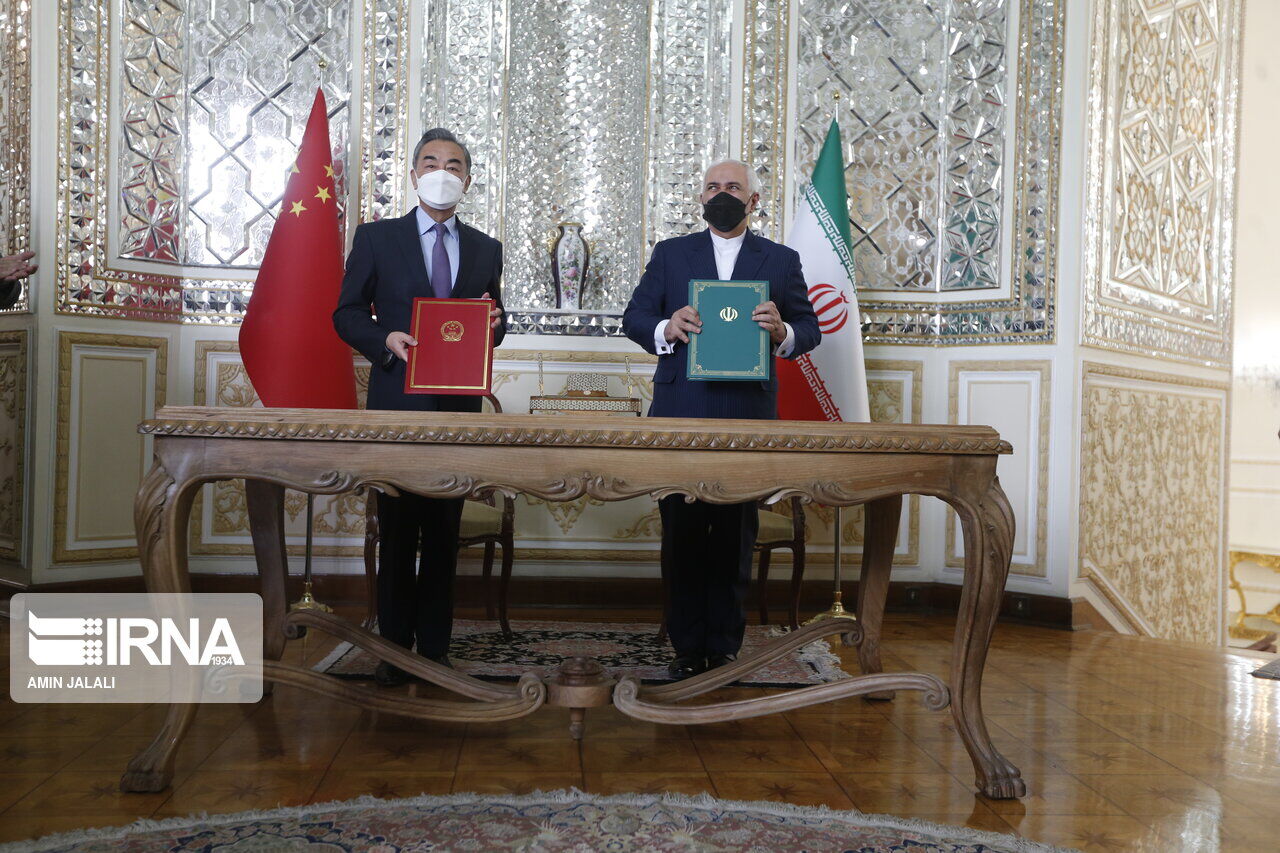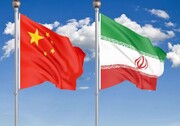Ali Omidi told IRNA in an exclusive interview on Sunday that such strategic agreements have been common since 2000 and that many states such as China and Russia inked such accords in a bid to develop long-term partnership with other countries.
This kind of strategic partnership contract is completely different from strategic treaties in legal terms, the academic noted, adding that such a memorandum of understanding is non-binding for both sides; thus, parliaments of the signatories should not approve it.
The United States signed strategic agreements with Saudi Arabia and certain European states, which differ from what has been exchanged by China and Iran, he said.
Beijing and Tehran have paved the way for future collaborations based on the cooperation program, he mentioned, noting that the accord is of low value in terms of legal standards, while it is very important concerning its political impact; so, the two sides are bound to implement it based on moral values and political interests.
If one side does not comply with the principles of the agreement, both sides can stop cooperation, he said, warning that such an unsuccessful process can create negative impact for future relations, which can also be an alarm for other states when it comes to cooperation with the country non-complying.
According to the professor, lack of public knowledge on the Comprehensive Strategic Partnership as well as attempts made by certain Western foes such as the United States caused misinformation and furor.
China has to procure oil and gas to develop its infrastructure, he noted, adding that Iran has also its own priorities and policies; so, both sides try to cooperate, observing win-win situation.
Given the Iran–China 25-year Cooperation Program, Beijing is going to invest 400 billion dollars in Iranian oil, gas and transport sectors, which seems perfect opportunity for the development of the Islamic country, he said.
The document was exchanged by China and Iran on March 27, during a visit by Chinese Foreign Minister Wang Yi to Tehran.
The agreement dates back to an official visit by Chinese President Xi Jinping to Tehran in 2016, during which the Islamic Republic of Iran and the People's Republic of China issued a statement raising the level of relations between the two countries to comprehensive strategic partnership.
9376**1416
Follow us on Twitter @IrnaEnglish







Your Comment